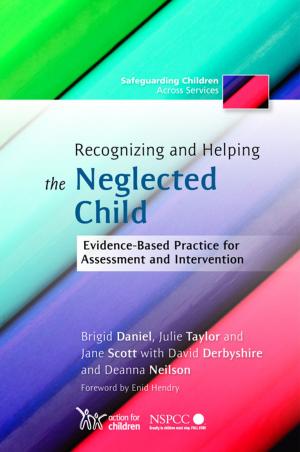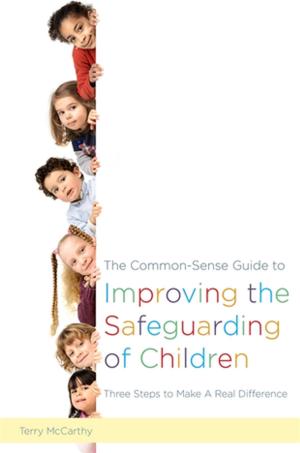Asperger Syndrome and Bullying
Strategies and Solutions
Nonfiction, Reference & Language, Education & Teaching, Special Education, Socially Handicapped, Health & Well Being, Psychology| Author: | Nick Dubin | ISBN: | 9781846426353 |
| Publisher: | Jessica Kingsley Publishers | Publication: | June 15, 2007 |
| Imprint: | Jessica Kingsley Publishers | Language: | English |
| Author: | Nick Dubin |
| ISBN: | 9781846426353 |
| Publisher: | Jessica Kingsley Publishers |
| Publication: | June 15, 2007 |
| Imprint: | Jessica Kingsley Publishers |
| Language: | English |
Bullying is a serious problem for people with Asperger Syndrome (AS), both at school and in the workplace, and displaying 'different' behavior, such as not understanding social rules or hand-flapping, exacerbates the risk of being victimized.
Writing in an accessible, informal style, the author describes the bullying behavior he and other individuals have experienced, and the effect this has had on their lives. He outlines the reasons for bullying behavior and the danger of persistent recurrence if it remains unchecked, as well as the critical importance of 'involving the bystander'. Nick Dubin goes on to provide a range of effective strategies to address bullies and bullying that can be applied by parents, professionals, schools, and individuals being bullied. He stresses the importance of peer intervention, empathetic teachers, and verbal self-defense, and shows how lack of support, condemning of 'tale telling,' or even blaming the victim reinforces bullying.
This book offers individuals with AS who are being bullied the opportunity to see that they are not alone, and it is an invaluable source of advice for parents, teachers, professionals and personnel managers.
Bullying is a serious problem for people with Asperger Syndrome (AS), both at school and in the workplace, and displaying 'different' behavior, such as not understanding social rules or hand-flapping, exacerbates the risk of being victimized.
Writing in an accessible, informal style, the author describes the bullying behavior he and other individuals have experienced, and the effect this has had on their lives. He outlines the reasons for bullying behavior and the danger of persistent recurrence if it remains unchecked, as well as the critical importance of 'involving the bystander'. Nick Dubin goes on to provide a range of effective strategies to address bullies and bullying that can be applied by parents, professionals, schools, and individuals being bullied. He stresses the importance of peer intervention, empathetic teachers, and verbal self-defense, and shows how lack of support, condemning of 'tale telling,' or even blaming the victim reinforces bullying.
This book offers individuals with AS who are being bullied the opportunity to see that they are not alone, and it is an invaluable source of advice for parents, teachers, professionals and personnel managers.















